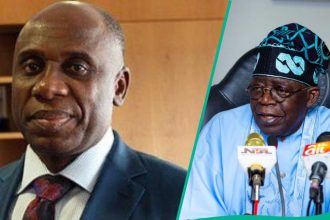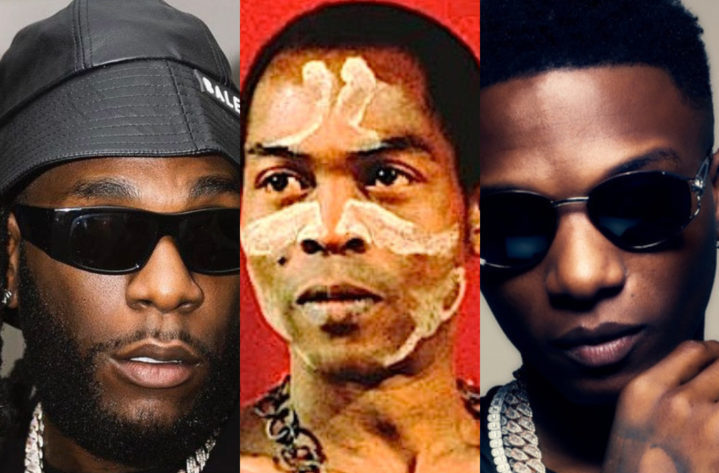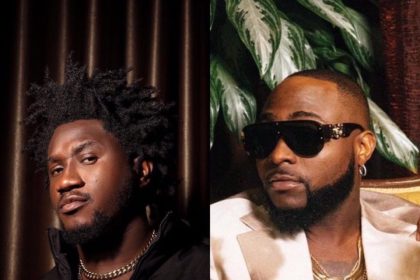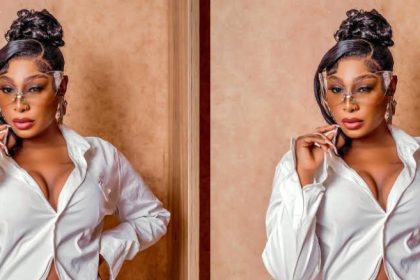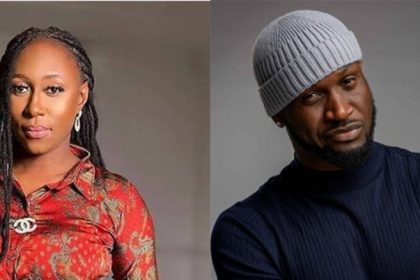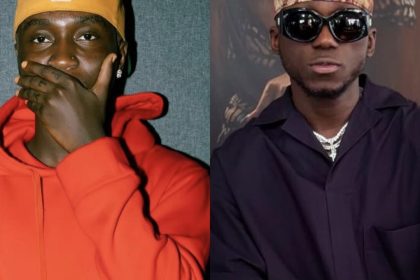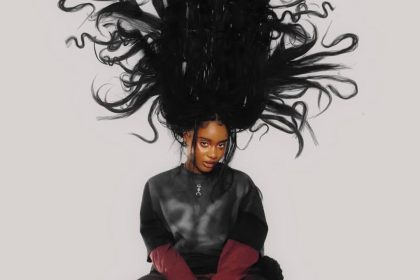In recent years, several Nigerian artists have revived the timeless sounds of traditional music legends by sampling their classics in contemporary hits.
This deep respect for veteran icons who thrived traditional music genres like Igbo highlife, Afrobeat, Fuji, Jùjú, and Apala, continues to influence the songs and creative direction of today’s stars, bridging generations and keeping Nigeria’s vibrant music culture alive.
Some of these genres like the Igbo Highlife and Fuji are peculiar to some geographical areas while a few are played across the nation.
These traditional songs encompasses tribal folklore, traditional musical instruments, proverbs and more.
In this article, we explore notable Nigerian artists who have and are publicly sampling traditional music legends in their songs.
1. Davido – Like Dat / King Wasiu Ayinde Marshal (KWAM 1) – Agoho Ko Ma Do In 2017, Davido’s Like Dat became an instant hit, with its infectious hook and laid-back vibe. What many casual listeners might not know is that the melody from the song’s intro pays homage to King Wasiu Ayinde Marshal, popularly known as KWAM 1, and his Fuji classic Agoho Ko Ma Do.
KWAM 1, a revered figure in Fuji music, originally released Agoho Ko Ma Do in 1993, and it remains one of his most iconic records. Davido’s subtle interpolation of the track was a nod to his Yoruba cultural heritage, blending Fuji’s percussive elements with a contemporary Afropop groove.
2. Shallipopi – ASAP / Alhaji Waziri Oshomah – Ikwekiame Nedumhe Bend down to Edo State, and you’ll find a deep-rooted highlife culture that Shallipopi proudly references in his music. In his 2024 breakout track ASAP, Shallipopi sampled Alhaji Waziri Oshomah’s Ikwekiame Nedumhe, a highlife classic known for its spirited call-and-response patterns and traditional instrumentation.
Waziri Oshomah, widely regarded as the Etsako highlife king, inspired an entire generation in Edo State with his spiritual and socially conscious lyrics. Shallipopi’s decision to incorporate this sample not only preserves Edo’s indigenous sound but also introduces it to Gen Z and millennial audiences.
3. Shallipopi – Obapluto / Pa Monday Igbinidu – Ogbaisi In another clear example of cultural preservation, Shallipopi sampled Ogbaisi, a traditional highlife number by the legendary Pa Monday Igbinidu, in his viral track Obapluto. The sample appears in the form of guitar riffs and background chants, which Shallipopi fused with street-hop rhythms to create a modern-day anthem that’s both nostalgic and refreshing.
Pa Monday Igbinidu was a major figure in Edo highlife in the 1980s, known for his storytelling through music. Shallipopi’s use of this sample highlights his commitment to keeping his hometown’s musical history alive.
4. Wizkid – Jaiye Jaiye / Fela Kuti – Lady Wizkid’s Jaiye Jaiye, released in 2013, is not just a classic in his discography but a historic collaboration with Femi Kuti, son of Afrobeat pioneer Fela Kuti. The track interpolates Fela’s Lady, especially through its horn arrangements and lyrical cadences.
By blending the spiritual energy of Afrobeat with Afrobeats’ modern percussion, Wizkid paid tribute to Fela’s legacy while proving that Afrobeat’s influence remains evergreen in Nigerian pop music.
5. Wizkid – Sweet Love / Fela Kuti – Shakara Another moment of homage came in Wizkid’s Sweet Love, a song directly inspired by Fela’s Shakara. The track’s instrumentation, drum patterns, and mid-tempo groove borrow heavily from the 1972 Afrobeat classic.
In interviews, Wizkid has spoken openly about his admiration for Fela and how his music shaped his understanding of storytelling through sound. Sweet Love serves as a modern reimagining of Shakara, blending political subtext with romantic undertones.
6. Mohbad – Sorry / King Sunny Ade – Esubiribiri Ebomi Before his tragic passing in 2023, Mohbad had become one of the most exciting street-hop voices in Nigeria. In his emotionally charged single Sorry, Mohbad sampled Esubiribiri Ebomi, a classic Juju record by King Sunny Ade.
While the sample is more thematic than direct, Mohbad’s use of King Sunny Ade’s guitar style and melodic patterns can be traced in the song’s instrumental arrangement. The record’s fusion of Yoruba proverbs and life lessons mirrors the narrative style King Sunny Ade popularized in the 70s and 80s.
7. Davido – With You / Bright Chimezie – Because of English In April 2025, Davido again turned to the old school for inspiration, crediting Bright Chimezie’s 1984 hit Because of English as the creative influence behind his collaboration with Omah Lay on With You. Bright Chimezie, the king of Zigima Sound, a blend of highlife, traditional Igbo rhythms, and socially conscious lyrics, found his work reintroduced to a new generation.
A viral FaceTime video of Davido praising Bright Chimezie sparked nationwide excitement and led to a resurgence of interest in Zigima Sound, with Because of English even debuting on Spotify’s Nigeria Top 100 chart for the first time.
8. Burna Boy – Ye, Another Story, Collateral Damage / Fela Kuti Perhaps no modern artist has championed Fela Kuti’s Afrobeat legacy quite like Burna Boy. From Ye’s rebellious spirit to the politically charged Another Story and Collateral Damage, Burna Boy draws extensively from Fela’s archives in both sound and message.
His live performances often feature Fela-style horn sections, percussion arrangements, and protest chants. Burna Boy has repeatedly acknowledged Fela as his greatest musical influence, making him a modern torchbearer for Afrobeat’s radical tradition.
3. Simi – Aimasiko / Ebenezer Obey – Aimasiko Simi’s 2017 remake of Ebenezer Obey’s Aimasiko is a heartwarming example of how timeless traditional music can be seamlessly adapted for contemporary audiences. Ebenezer Obey, a Juju music legend, originally released Aimasiko in the 1970s as a song of hope and faith.
Simi’s version maintained the song’s uplifting message and signature guitar-driven instrumentation, while adding her soulful vocals and pop sensibilities. It stands as a beautiful bridge between past and present.
Meanwhile, the resurgence of traditional music samples in contemporary Nigerian pop isn’t just a passing trend, it’s a reaffirmation of Nigeria’s deep musical heritage. By sampling, reimagining, and celebrating traditional music and works by Fela Kuti, King Sunny Ade, Ebenezer Obey, and KWAM 1, today’s Nigerian artists are preserving indigenous sounds while making them relevant to a new, globally connected audience.
These cross-generational collaborations remind us that music is Nigeria’s most powerful cultural export, one where tradition and innovation coexist beautifully on the same stage.
Get Fresh updates from NotJustOk as they drop via X and Facebook



